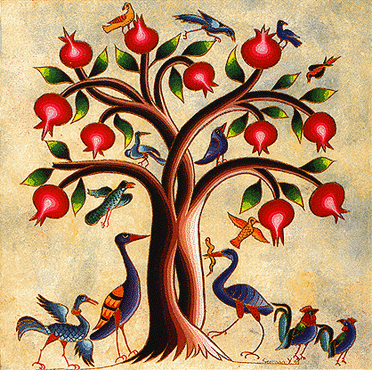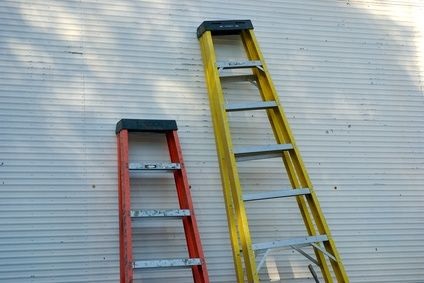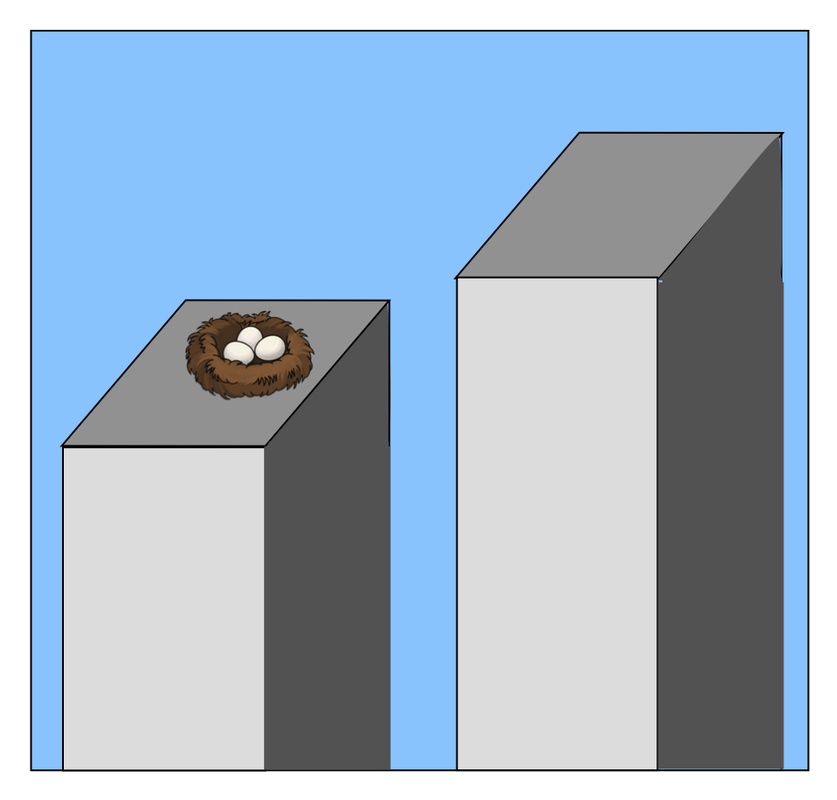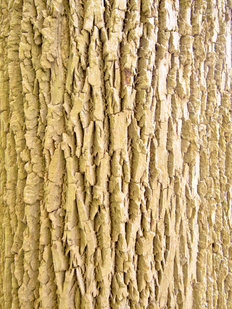According to a midrash, Moses cried up to heaven when God decreed he could not enter the land.
Don't feel too sorry for Moses, though, dear reader. Think of it this way: next Shabbat, it will be you who is standing on Mount Nebo. You will be looking over the expanse of your life's work—creating yourself. You will express regret for the things you should have done better. You will make promises to yourself on Yom Kippur that next year will be different. From the heights of the Ne'ilah service, you will point to the distant horizon of the rest of your life, to the north and to the south, and you will express hope for a better tomorrow.
And then, dear reader, unlike Moses, you will have to cross the Jordan River and actually live in it. You will have to deal with the reality that you will forget the wonderful view from the peak moment of Yom Kippur. You will forget to live your Yom Kippur self and, instead, you will live in the land of your life.
In this week's Torah portion, Ha'azinu, Moses sings a song to the Israelites about to enter the land and he bemoans that they will "neglect the Rock that gave birth to you, forget the God who brought you forth." Moses might as well be singing to you. You, too, will enter the land and you will forget all those hopes and promises of Yom Kippur— just like last year.
Should you envy Moses for not having to enter the land and experience such forgetting? Would we be better off it we got to stay with Moses on top of Mount Nebo?
We are made to forget. We are created as beings that must learn and relearn Torah all the time. All the promises we make to ourselves, all the worthy goals we hold up for ourselves are forgotten so we can learn them again.
That is what it is like, living in the land of your life. You are forced to learn and relearn Torah all the time. Except for Moses. On Mount Nebo there is no forgetting and no need to remember what you have forgotten.
And that is why Moses cried.







 RSS Feed
RSS Feed
